Korean
The Impact of English on Modern Korean
Korean is the official language of the Korean Peninsula, and is also one of the two official languages of the Yanbian Korean Autonomous Prefecture in China. Not only is it spoken in the People’s Republic of China, but it is also spoken in the Korean diaspora in Japan and the United States – home to the second largest Korean diaspora after the People’s Republic of China.
As with any language, Korean is fluid and constantly changing thanks to the influence of mass media, immigration, and most of all the widespread use of internet as a means of communication. This phenomenon is not just experienced by certain languages, but has a daily impact on all of the world’s languages. At no other point in history, however, has one language globally influenced or threatened other languages and cultures as the English language does today.
How much of an impact has English, especially American English, had on Korean in the Post-WWII era? It has been suggested that approximately ninety percent of all loanwords in South Korea today are derived from English. This is quite a shocking statistic considering the relatively short amount of time that South Korea has been in contact with the United States – approximately fifty years dating from the end of the Korean War. There is also evidence that the English language is taking over from Chinese as the foremost source of “loan words” in South Korea. The reason for this “code switching” between the two languages may be the result of the “prestige-value” that English holds for Koreans. According to David B. Kent, author of “The discourse of Konglish: A socio-historic analysis of English as a native part of the South Korean vernacular”, Koreans associate English or Romanised letters with high quality as a result of the Korean war. During the war the United States sanctioned and provided aid for South Korea which was of a higher quality than that found in Korea itself during this period. These aid packages were marked with English or text in Romanised letters which left a lasting impression on the Korean public.
Today, this phenomenon penetrates daily life via mass media. Newspapers print English loanwords right the way through their stories, and these words can sometimes even appear in the headline itself. Television advertisements and programming, signs, advertisements and billboards have all been highly influenced by English loanwords, further propagating the infiltration of English into daily Korean life and vernacular.
A new word has been coined to describe this type of Korean/ English mix, Konglish, which has caused controversy amongst many Koreans. One columnist for the Korea Times referred to it as “inventive, clever and one of the 10 most wonderful things about Korea” while Jnug-hyo, a Korean-English translator and author of “A False English Dictionary” maintained that improper use of Konglish in other countries was likely to bring shame on Korea.
The English words adopted into the Korean language have been transformed and now have a meaning all of their own. This can sometimes be confusing for native English speakers when trying to speak English in Korea. For example, the word “sick” actually means “hurt or broken”, thus “My leg is sick” actually means “I’ve hurt my leg” or “My leg is broken”. Another example is the use of “Fighting!” as a shout of encouragement equivalent to “Go team!” or “Let’s do it!” . As a final example, and probably one of the most confusing for native English speakers, is the Konglish meaning of “time”, which has taken on the meaning of “hour”. Consequently you may hear “I slept 8 times last night” which actually means “I slept for 8 hours last night”.

